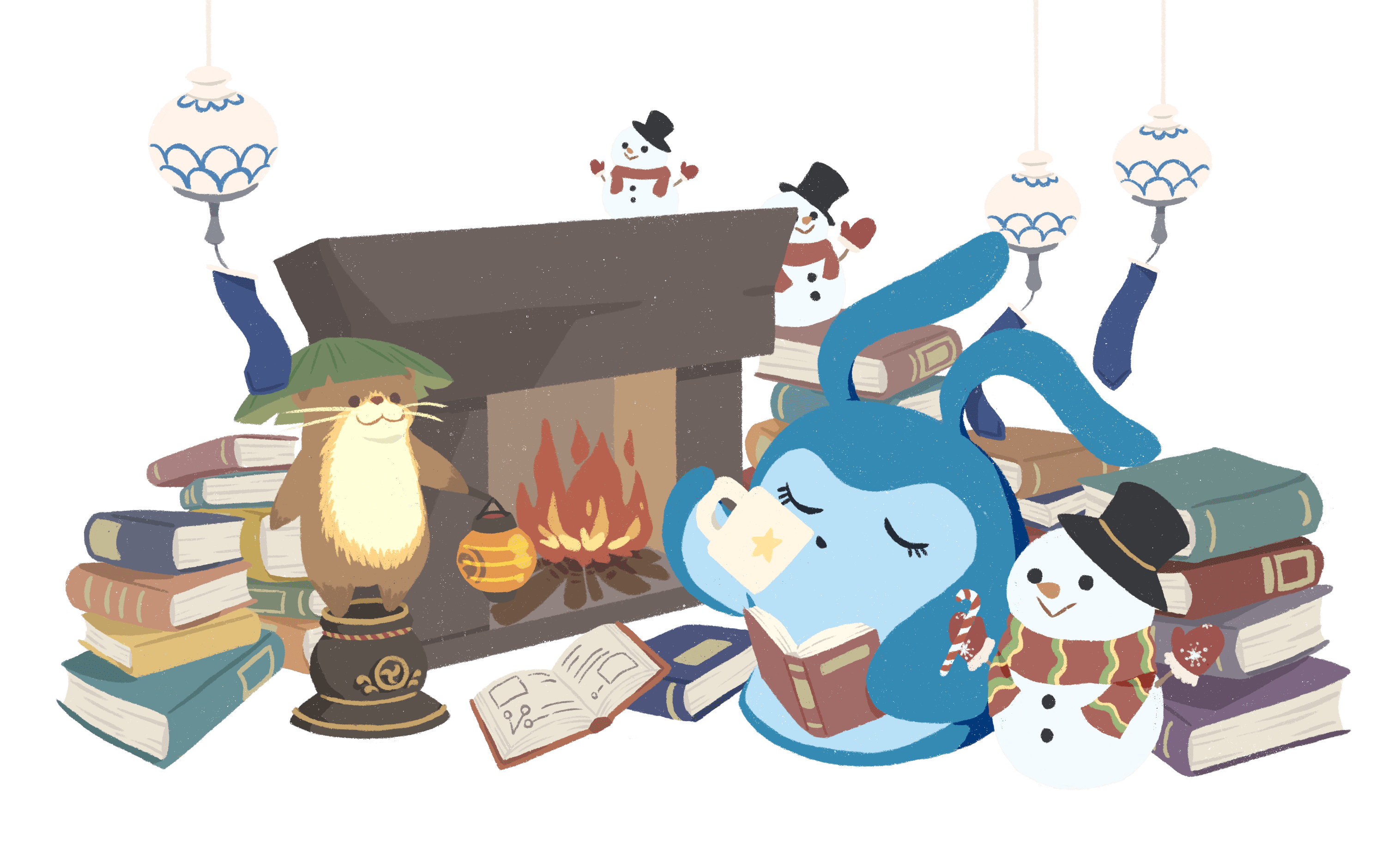#Realconversation
My classmate: I'm wondering if the past authors would know that their works might become "literature" taught at schools one day.
Professor: I read too much William Blake to answer this question.
@color_fool I was reading some research papers on the authors and their professional jobs other than writing recently and I'm interested in this topic, so please allow me to explain this a little bit further: most of the English authors by the 19th century were relatively wealthy; they were either aristocrats, or well-educated middle-class people. As to the fiction writers, publishing "fictions" was not a badge these writers would be willing to wear on their bosoms, on the contrary, most of them avoid being known as "fiction writers" by their relatives and friends because writing these things for leisure might sound unbecoming for people with their social status... Poets enjoyed higher reverence though. William Blake, conversely, was stone broke in his lifetime. Nevertheless, he did not count on earning much money by his poetry when he lived, letting alone conceiving a future fame. Blake's case may further prove that, whether rich or poor, authors mostly did not expect much afterlives of their works or their fame after death. However, in the 20th century, things were a little bit different...but that's an age too close to us.
